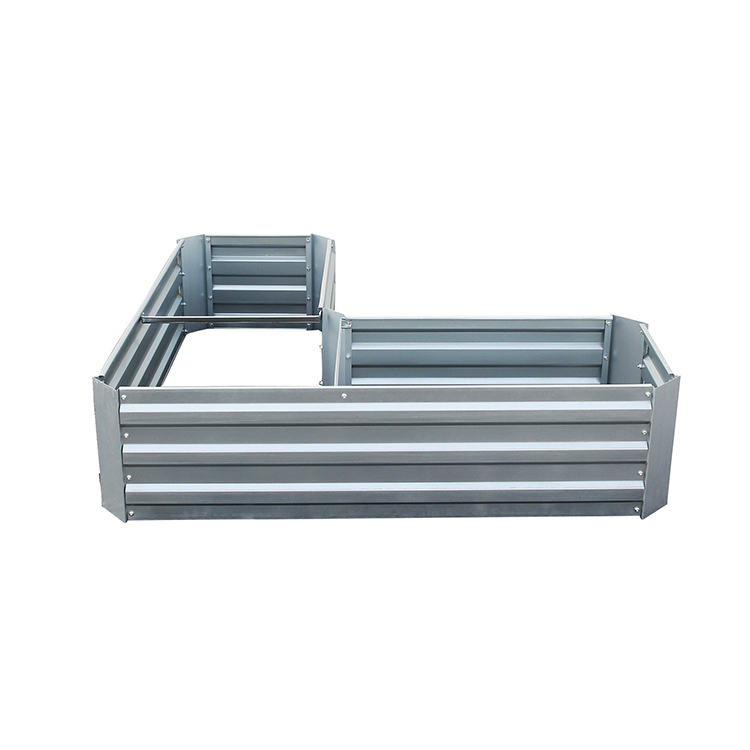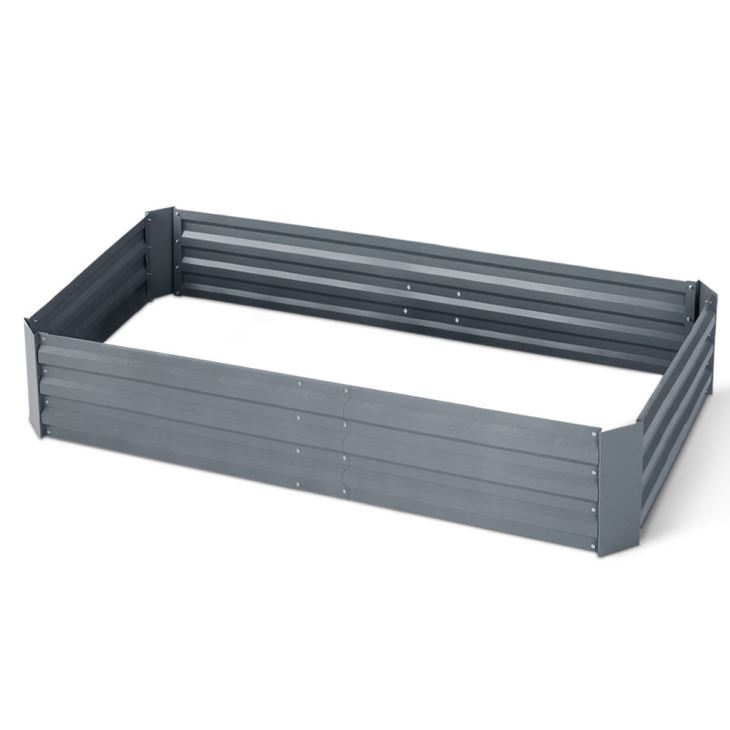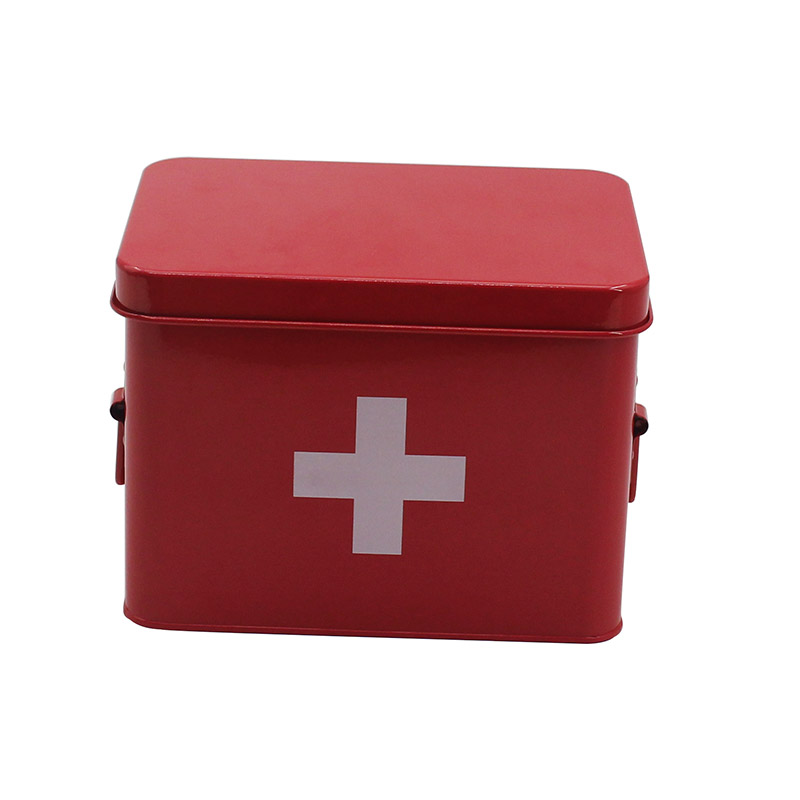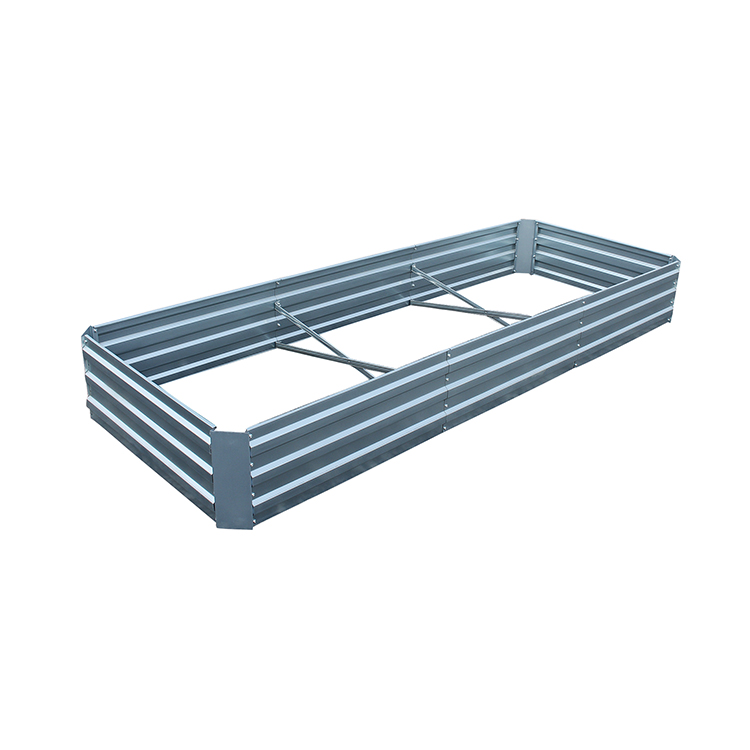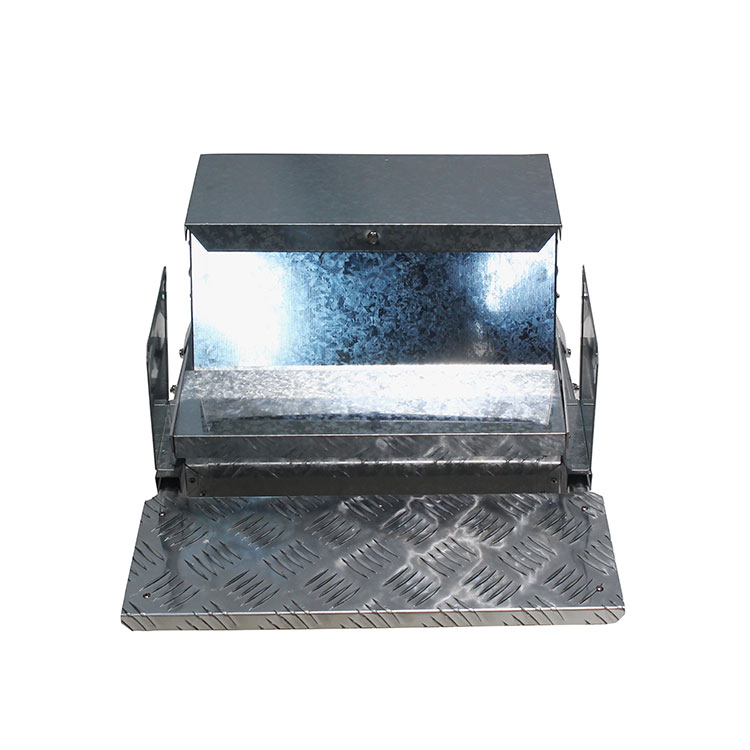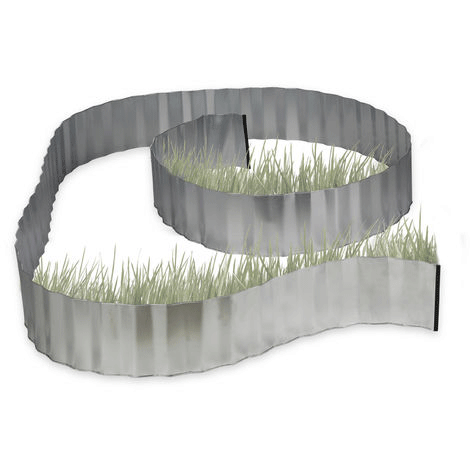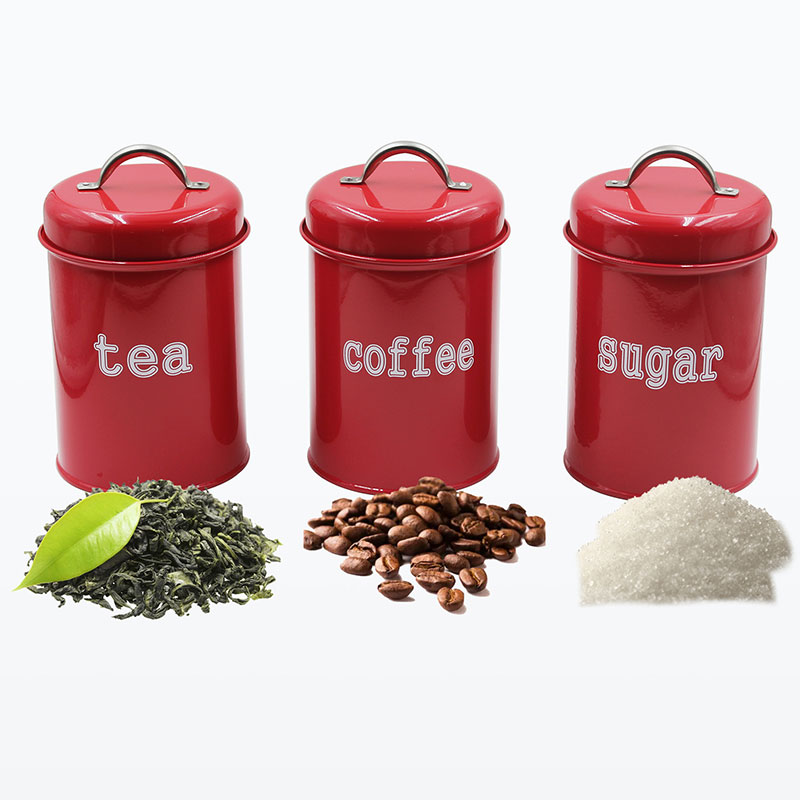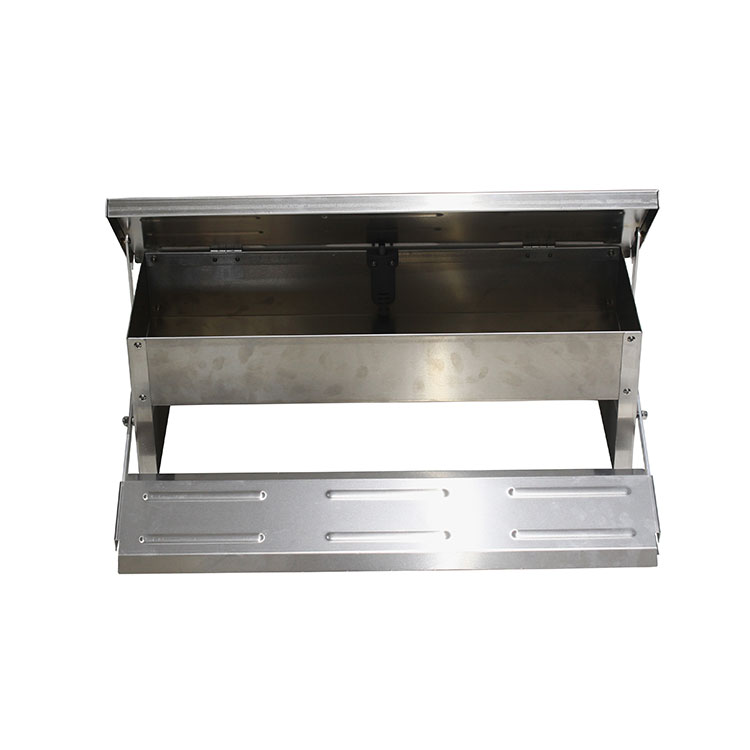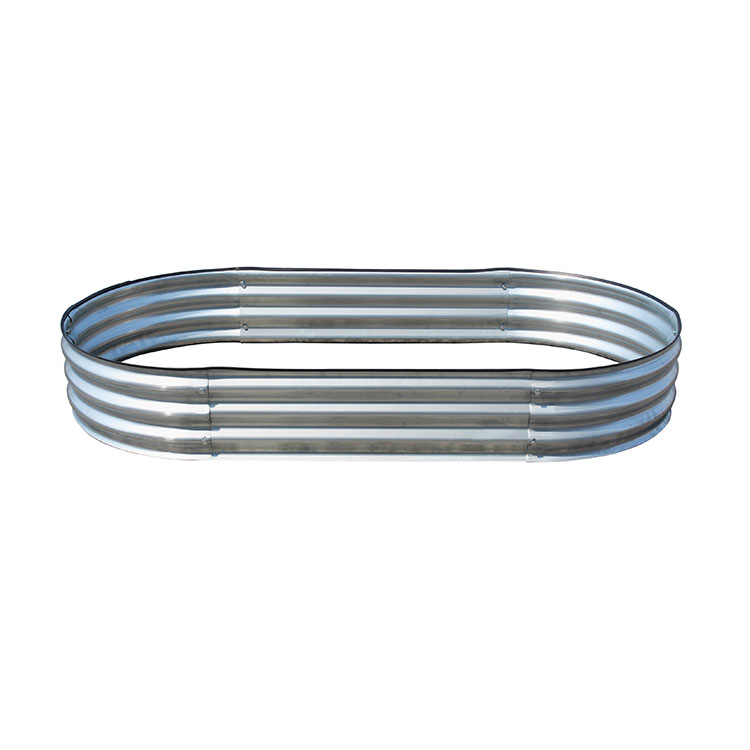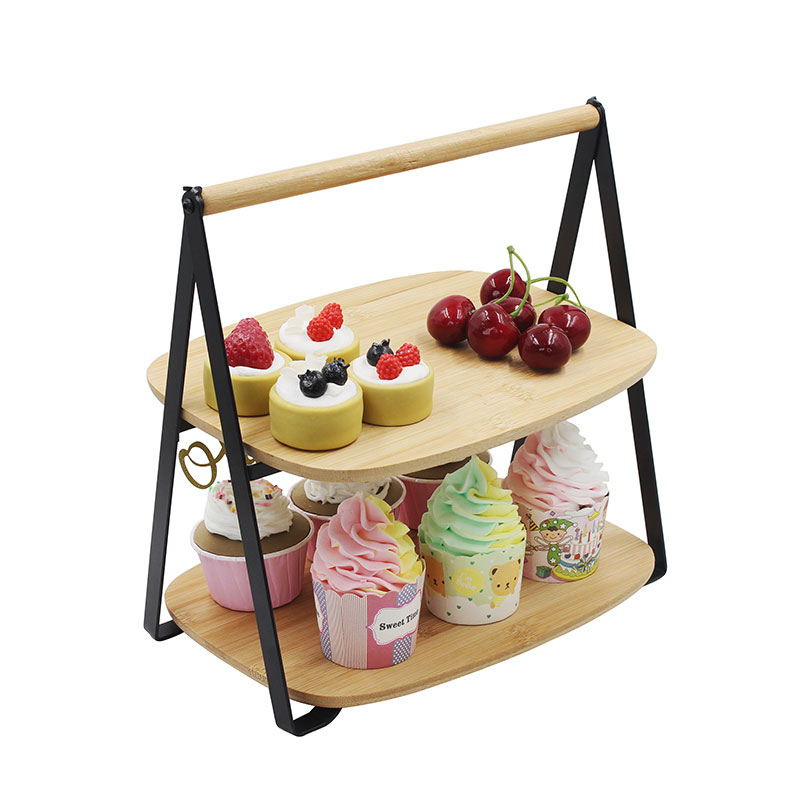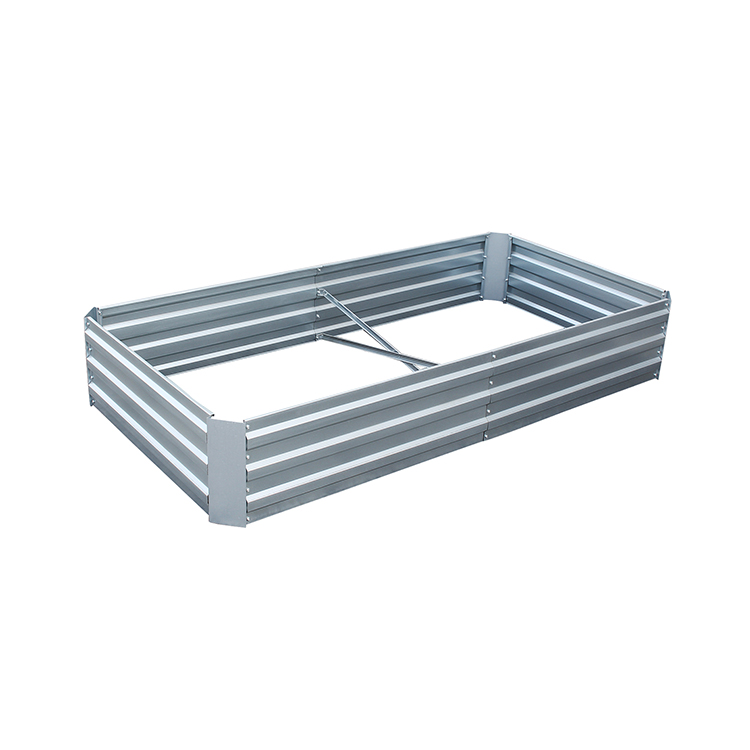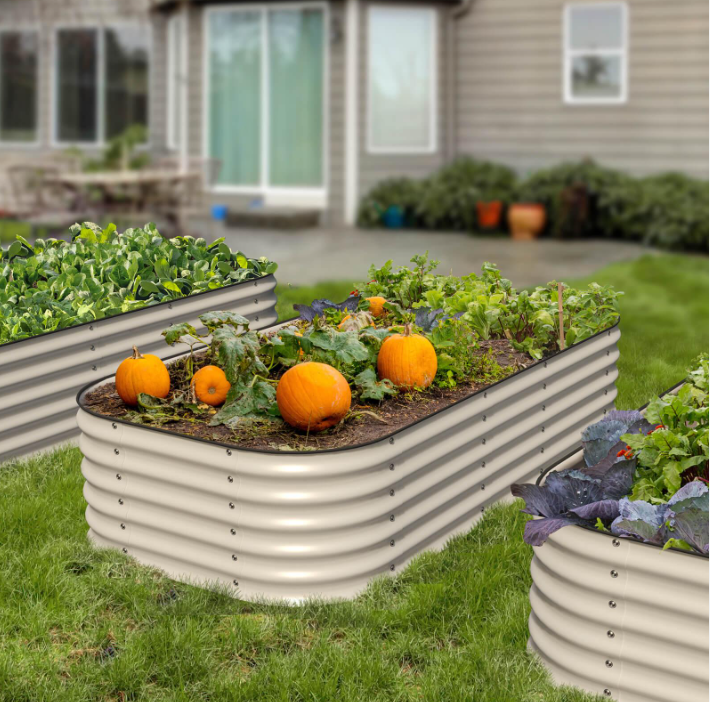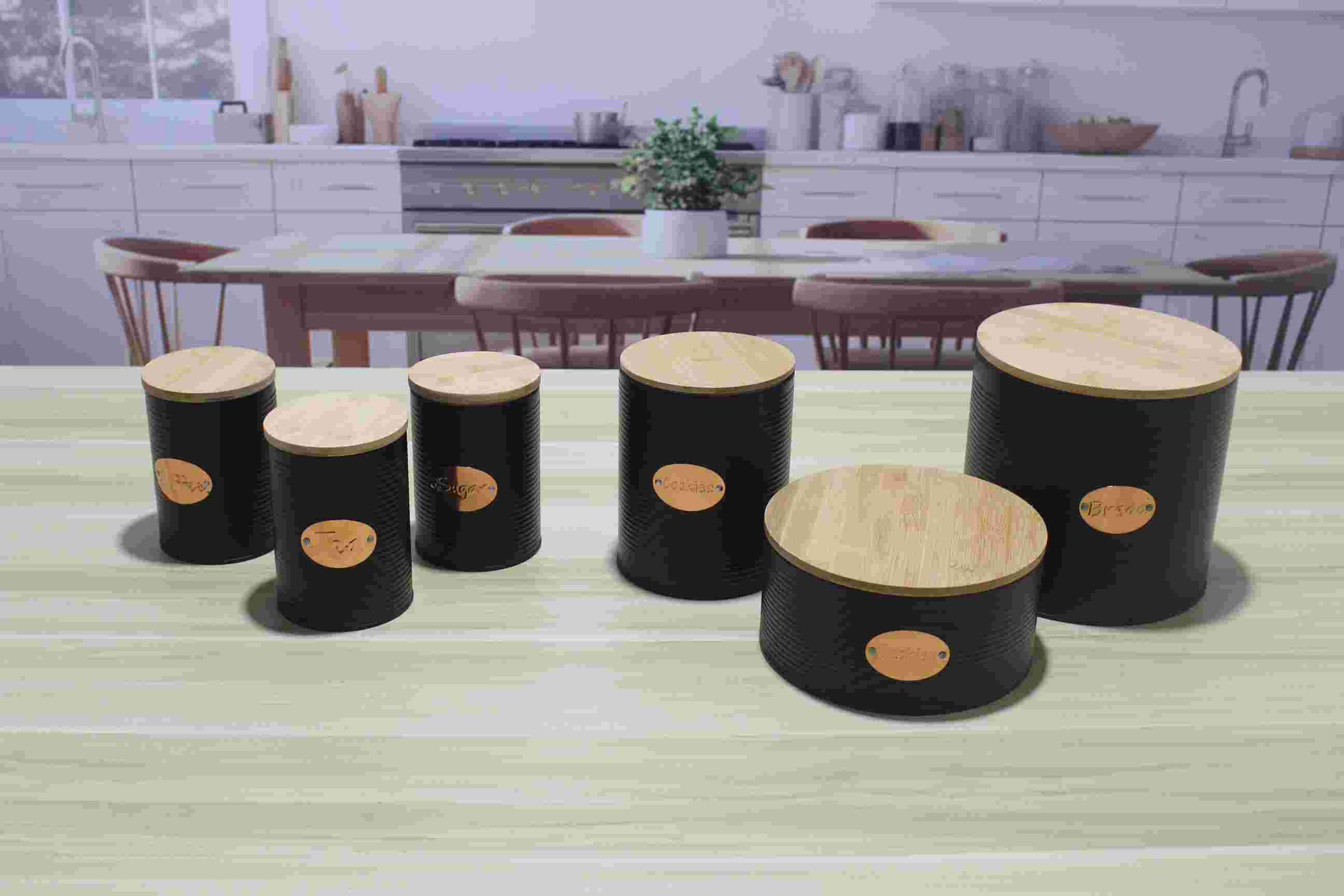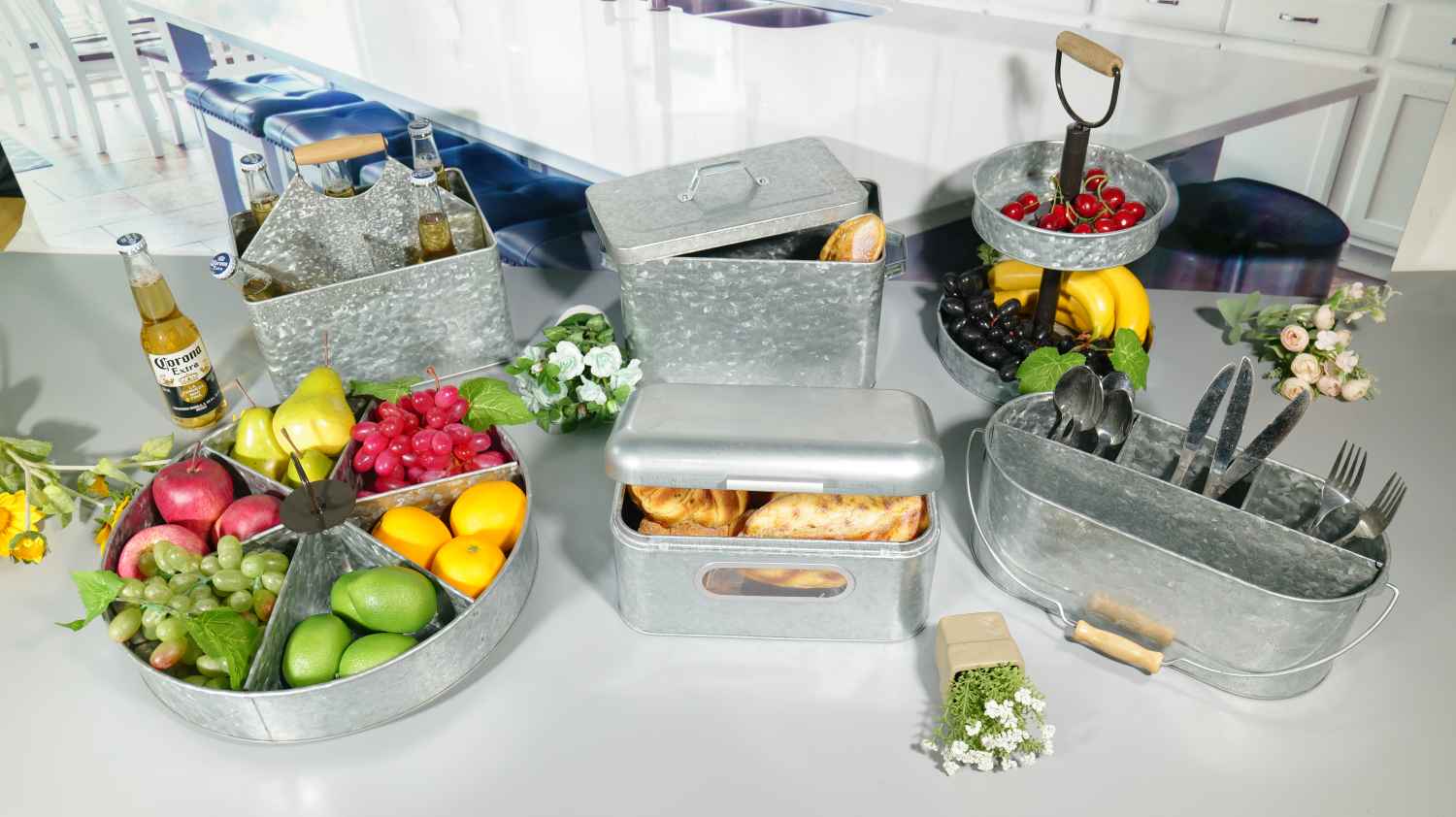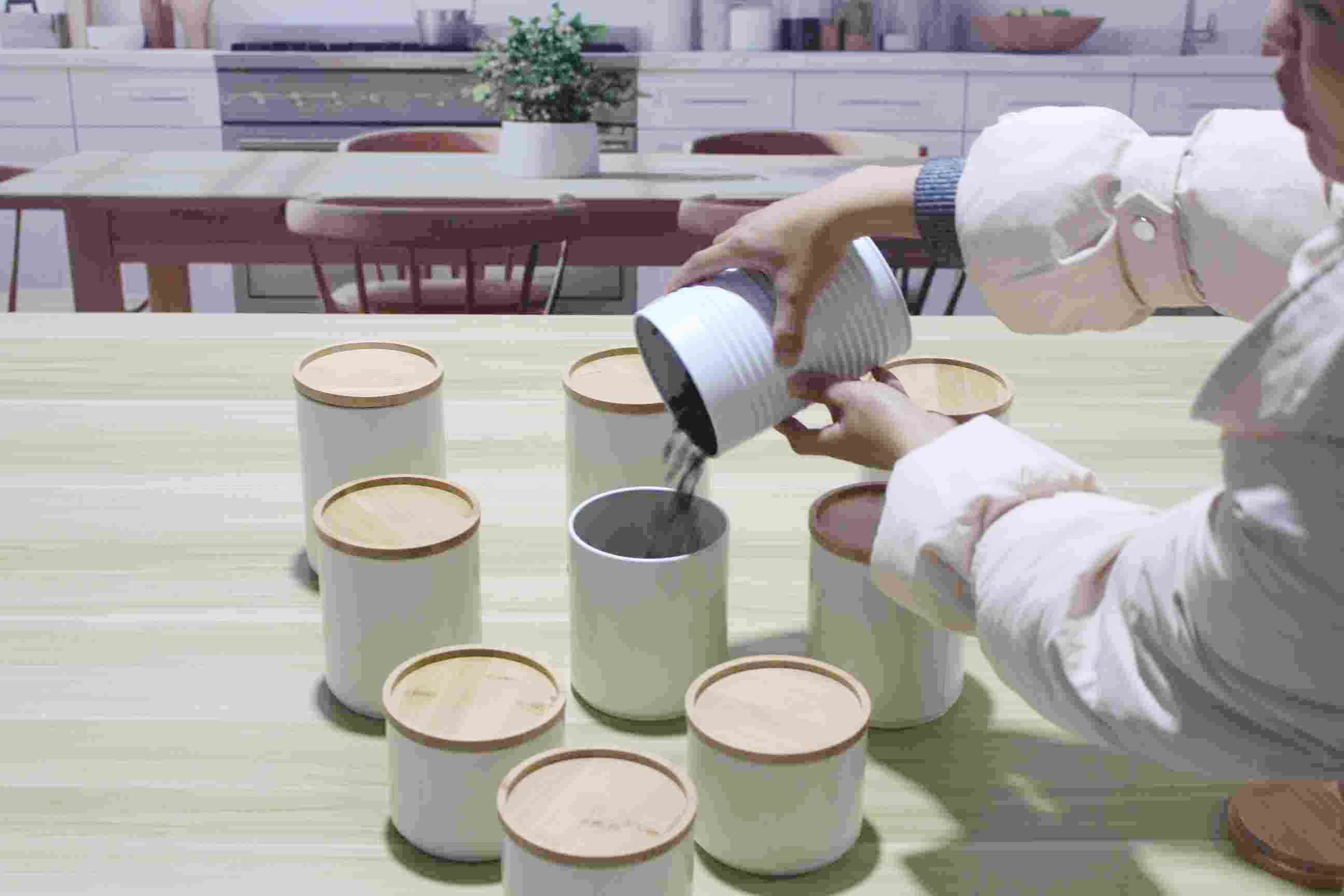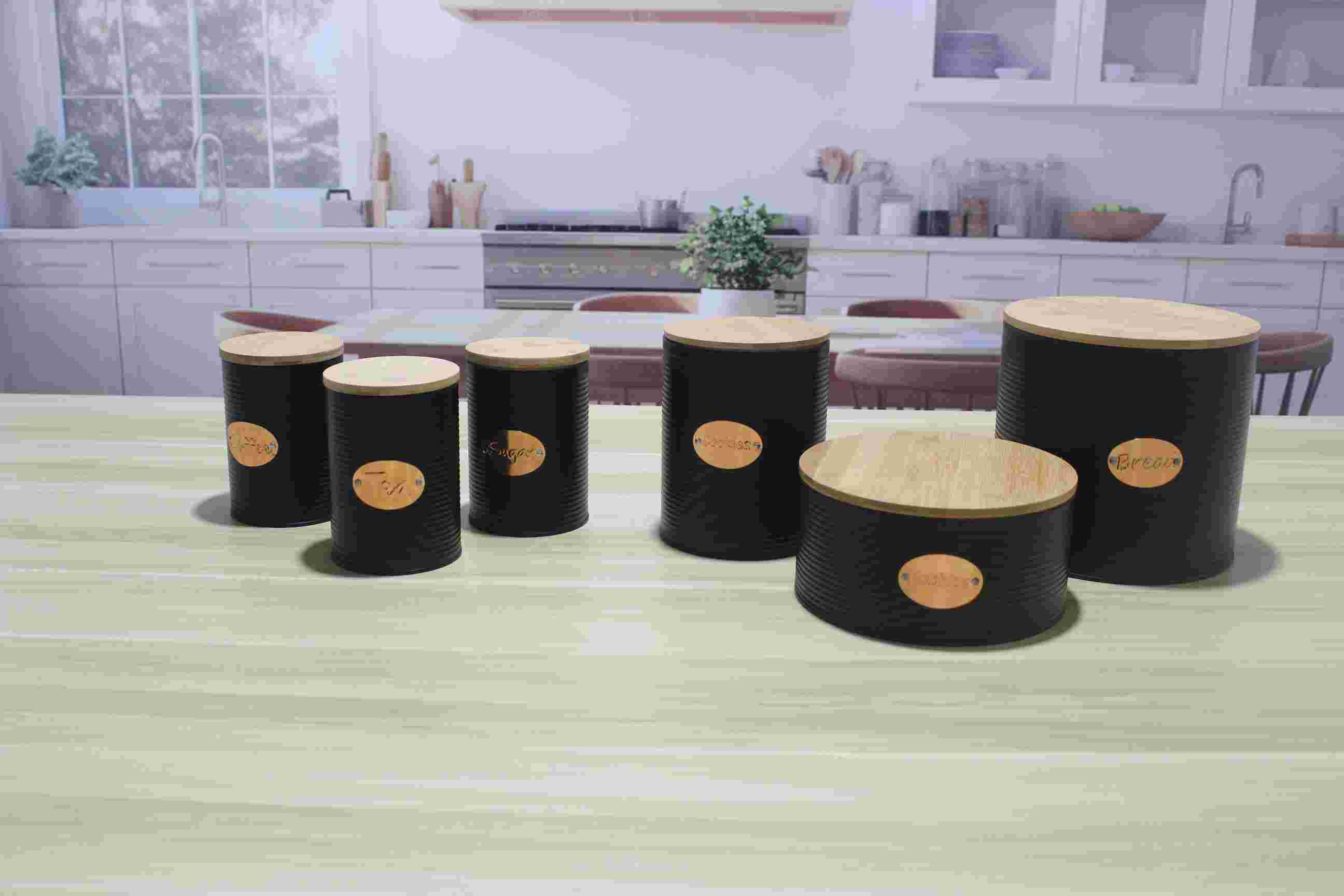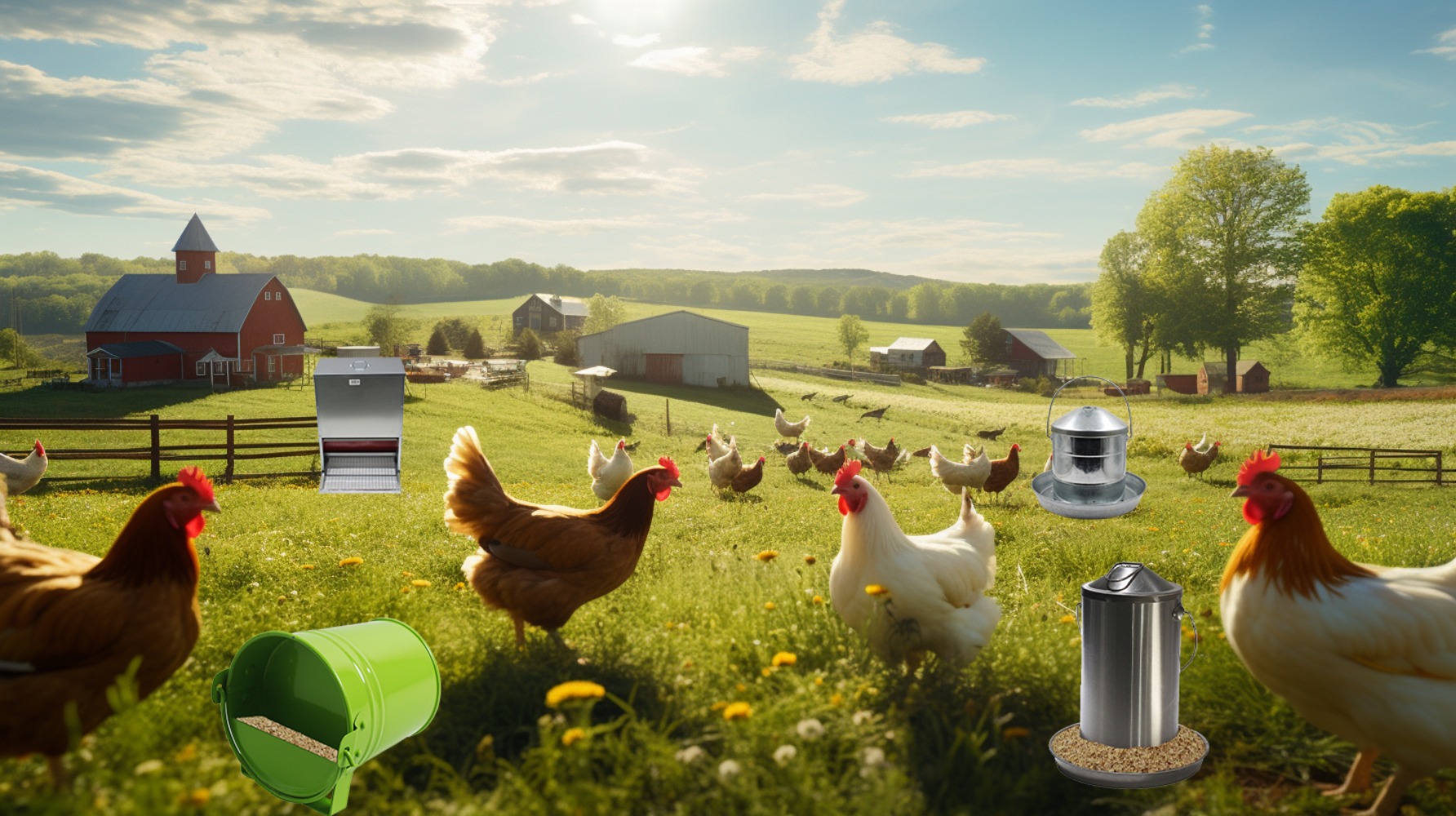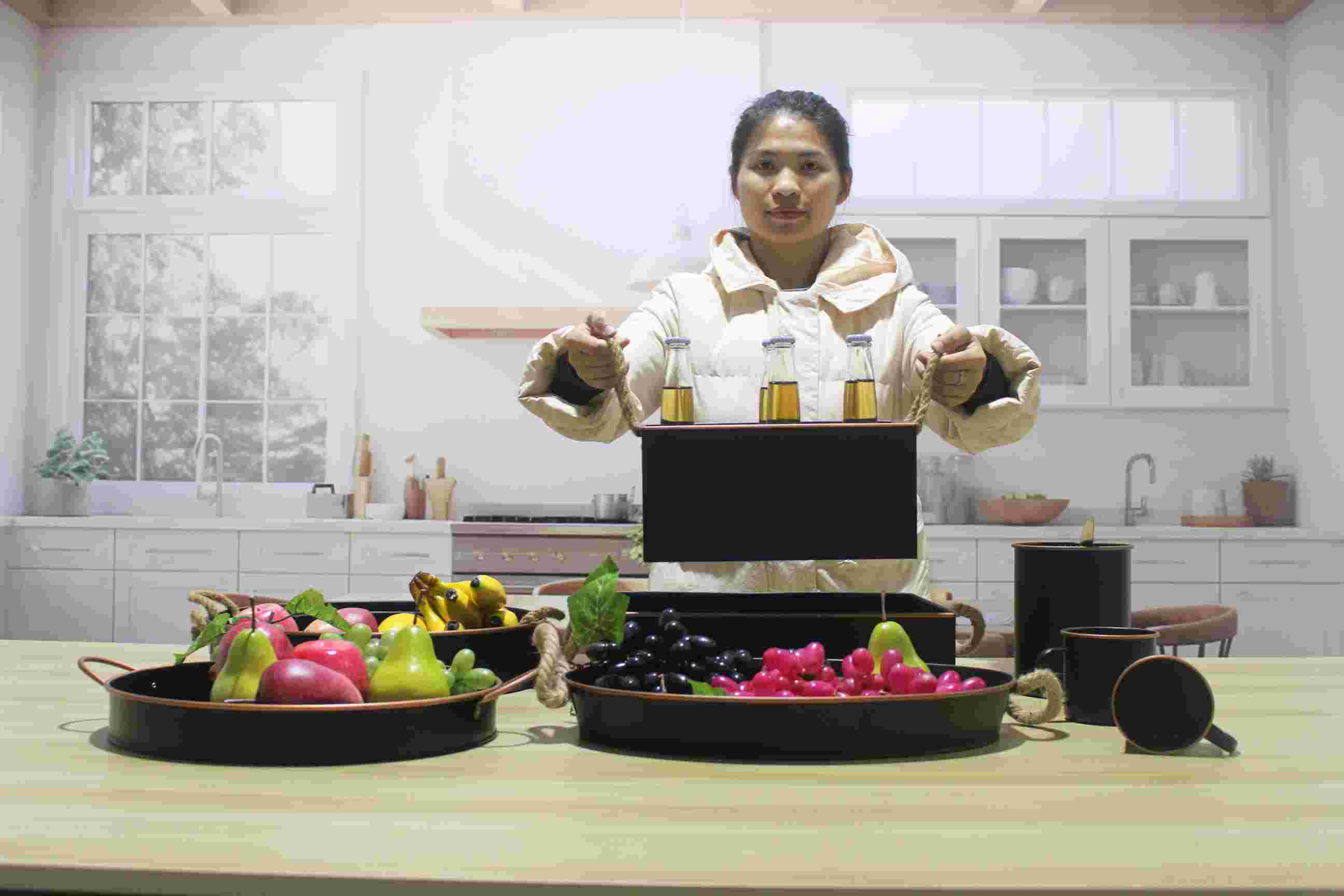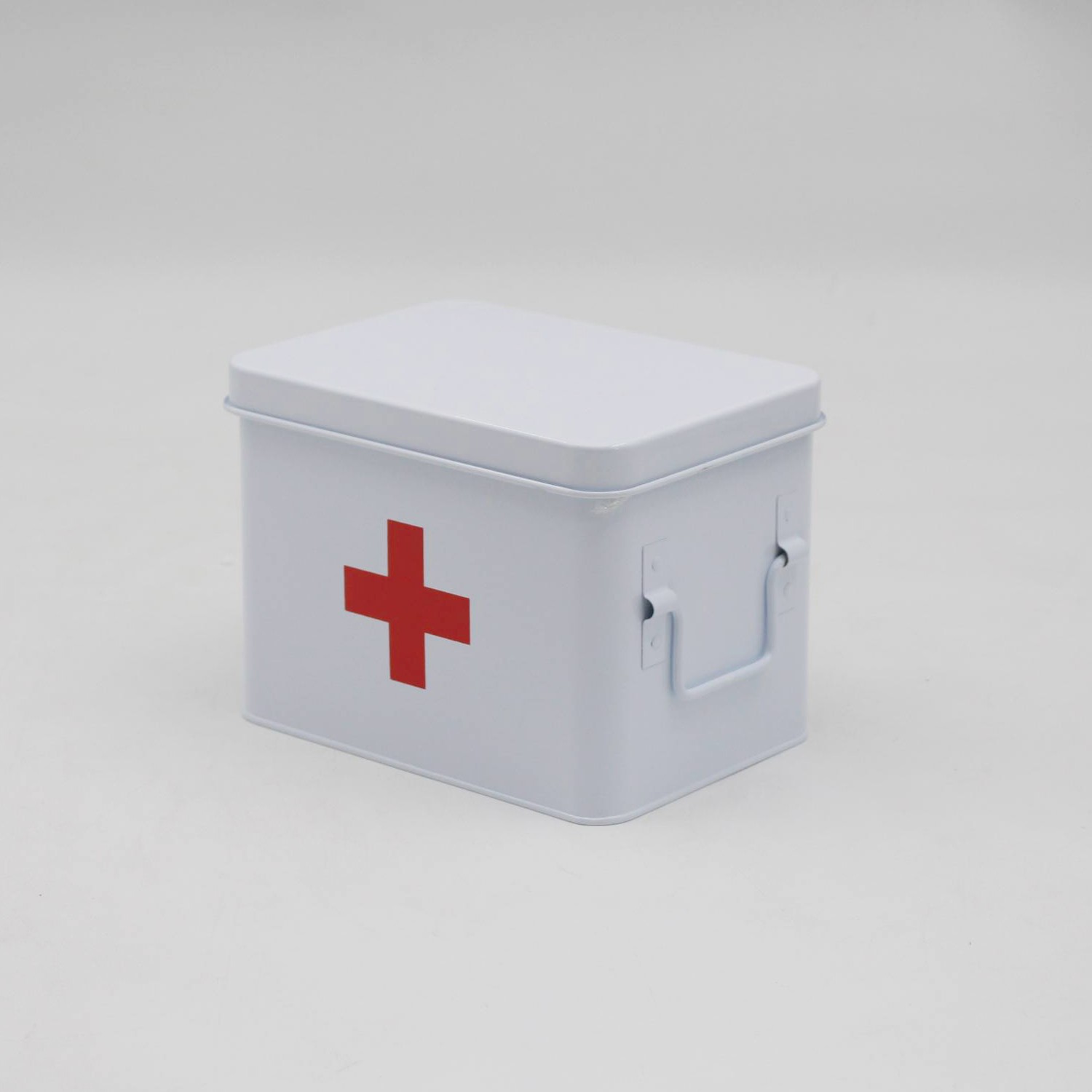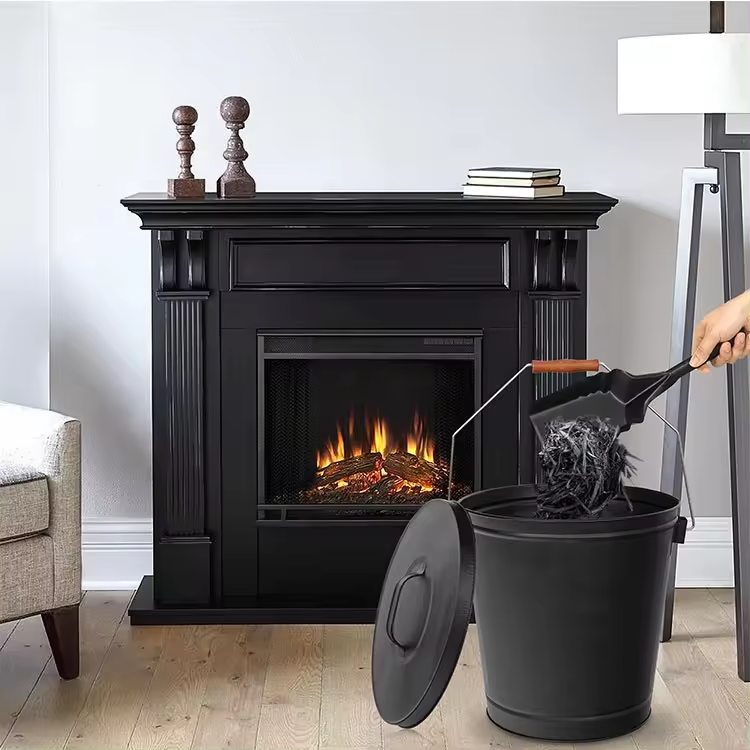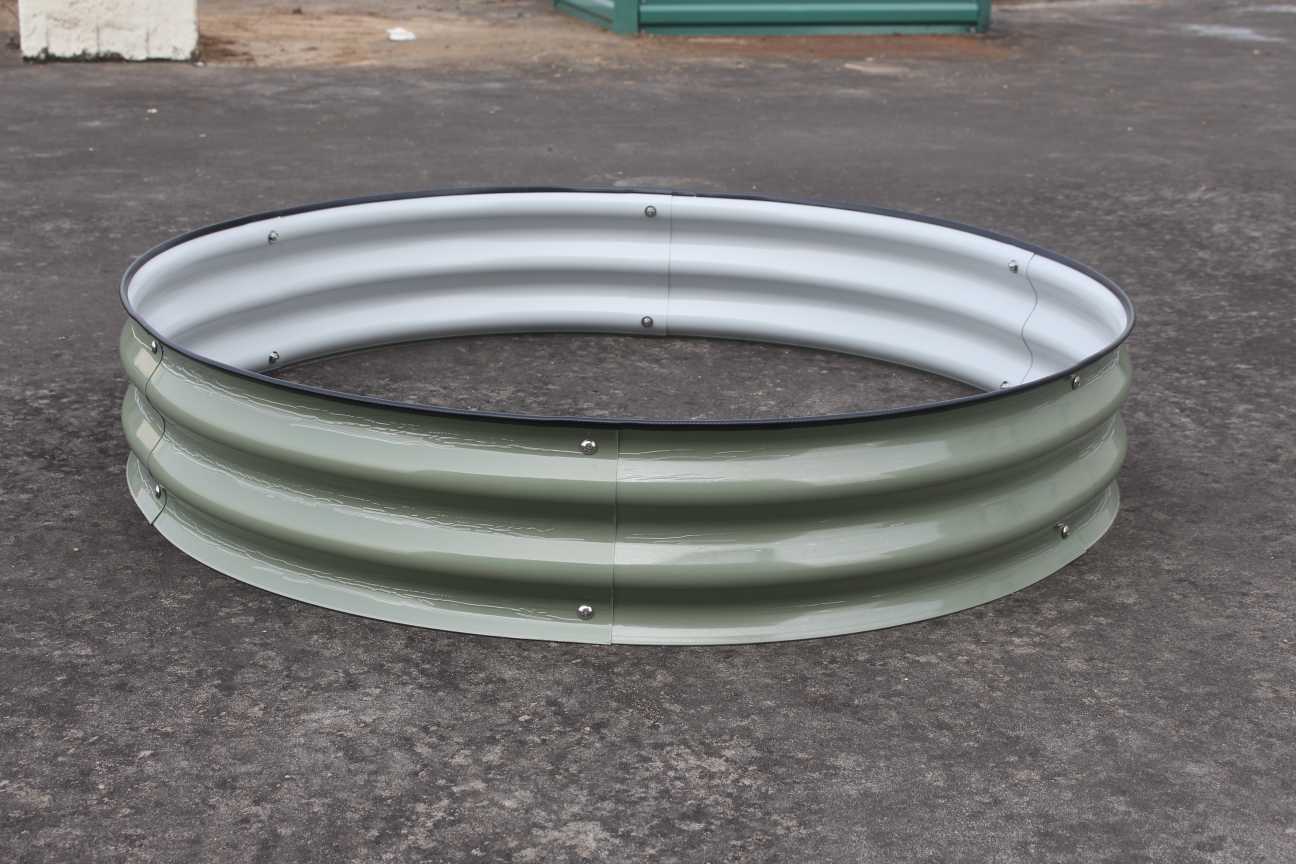How to Maximize the Use of Your Garden Beds
Date:2024-04-30
Garden beds are ideal for growing flowers, plants and vegetables, and effective use of garden beds can maximize yields and create a beautiful and pleasant landscape.
Here are some tips to help you utilize your garden beds effectively:
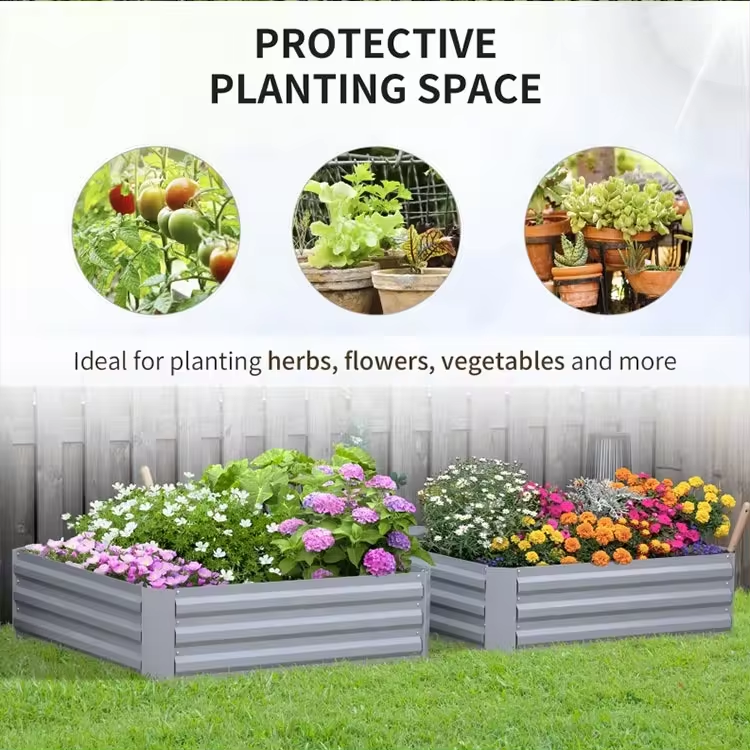
1.PLANNING AND DESIGN: Careful planning and designing of garden beds is essential before you start planting.
Consider the size, shape and position of the bed, as well as the growing needs and interactions of different plants.
Proper layout and design maximizes the use of space and ensures that plants receive proper light, air circulation and moisture.
2.Careful plant selection: Choosing the right plants for your garden beds is key to successfully utilizing the space.
Consider the size, height and growing style of the plants and choose a mix of plants that are compatible with each other.
Additionally, choose plants that are adapted to local climatic conditions to ensure they will thrive in the garden bed.
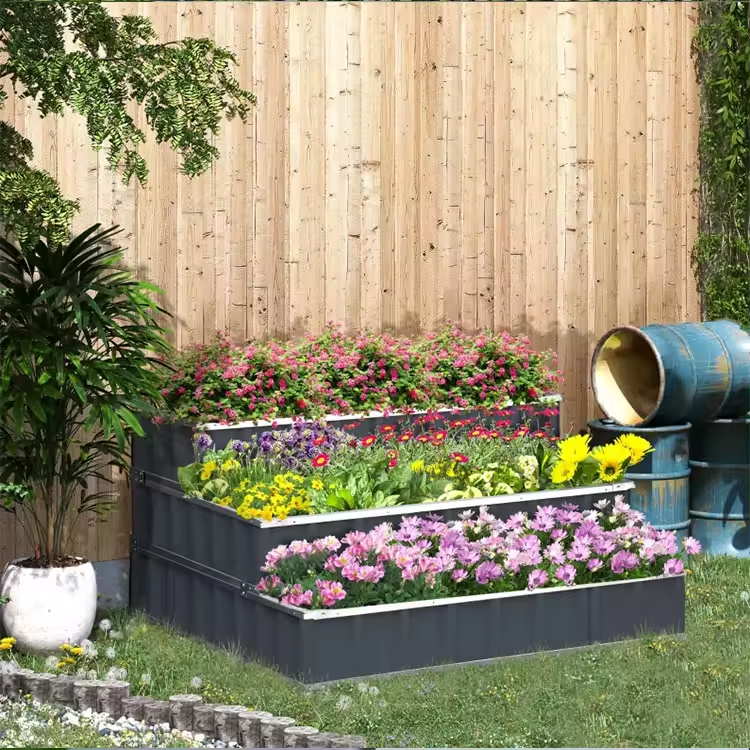
3.Layered planting: Utilizing the vertical space of a garden bed can increase the planting area.
Choose plants of different heights and growth rates, planting shorter plants further forward and taller plants at the back to make the most of the space.
For example, planting climbing or vining plants can utilize the vertical space of the bed, making the bed more diverse.
4.Spacing and Density: Reasonable spacing and density can maximize the use of space in a garden bed.
Plant plants at appropriate distances according to their growth needs and size to avoid overcrowding and competition for resources.
By controlling the density of plants, weed growth can be minimized and plant growth and yield can be increased.
5.Continuous planting and crop rotation: Continuous planting and crop rotation in garden beds maximizes the use of soil nutrients and space.
Planting the next season's crop immediately after harvesting one season's crop utilizes the plant's life cycle and growth rate for continuous planting.
Crop rotation improves soil health and reduces the incidence of soil pests and diseases.
6.Make the most of vertical space: In addition to utilizing the vertical space of the bed, plants can be grown around or
above the bed using structures such as vertical supports, vine grids, or hanging baskets.
This can further increase the planting area and create a unique landscape effect.
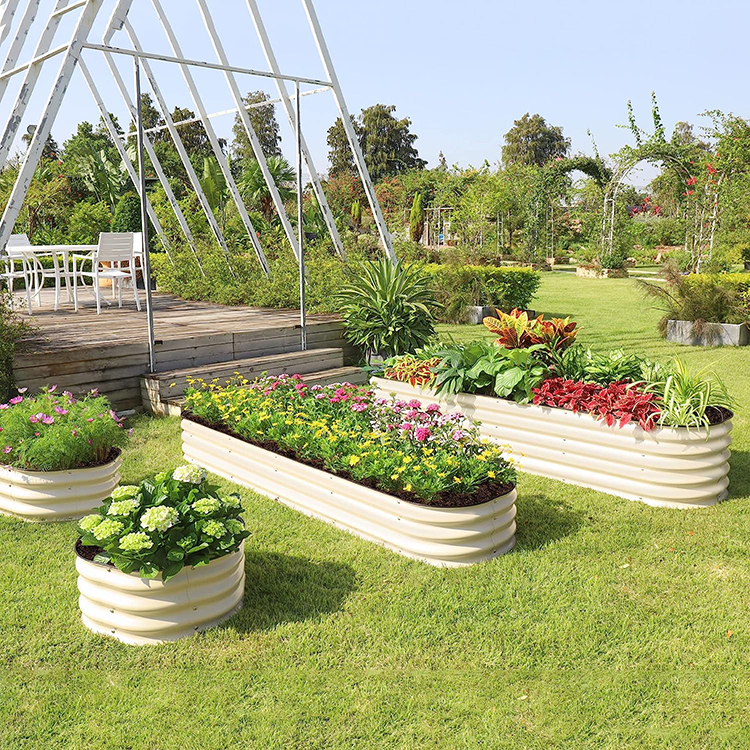
Shade and Mulch: Adding shade netting or mulch to your garden beds can control sunlight and maintain soil moisture.
This is beneficial for plants that need partial shade or prefer a moist environment.
In addition, mulch prevents weeds from growing and keeps soil temperatures stable.
Smart Irrigation System: Installing a smart irrigation system allows for more efficient water management.
By adjusting the amount and frequency of irrigation according to the plants' water needs and stage of growth,
you can conserve water and ensure that your plants receive the right amount of water.
Choosing a drip or sprinkler irrigation system can deliver water directly to plant roots, reducing water waste and evaporation.
Waste Recycling and Composting: Recycling waste and clipped plant material to make compost or mulch can provide garden beds with a rich source of organic matter and nutrients.
By applying compost or organic fertilizers to the beds, the quality and structure of the soil can be improved, increasing plant growth and production.
REGULAR MAINTENANCE: Regular maintenance and management of your garden beds is key to ensuring their effective use.
Keep your beds neat and organized by removing weeds, pruning plants, getting rid of insects and controlling diseases in a timely manner.
In addition, regular inspection and repair of the bed's structure and support facilities ensures that it is stable and secure.

